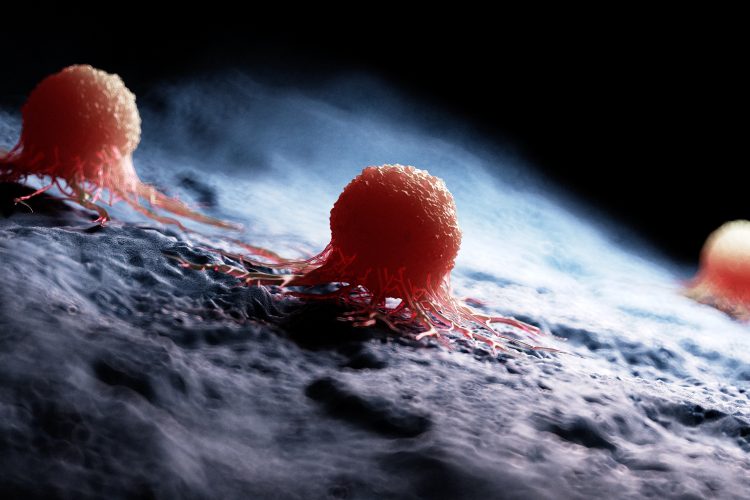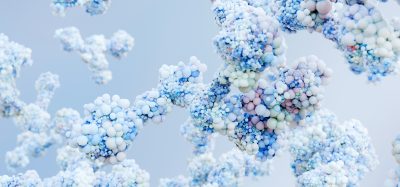New drug combo targets PRMT5 to fight deadly cancers
Posted: 31 July 2025 | Drug Target Review | No comments yet
Scientists at Virginia Tech’s Fralin Biomedical Research Institute have identified a promising drug target – PRMT5 – that could make treatment-resistant lung, brain and pancreatic cancers more vulnerable to therapy.


A potential target for experimental drugs that block PRMT5 – a naturally occurring enzyme some tumours need to survive – has been identified by researchers at the Fralin Biomedical Research Institute’s Cancer Research Center in Washington, D.C.
In a study published in Cancer Research, Assistant Professor Kathleen Mulvaney shared findings that could guide the development of new therapies for treatment-resistant lung, brain and pancreatic cancers.
“Using genetic screening, we found a new drug combination that seemingly works,” Mulvaney said.
The urgent need for new therapies
Lung cancer is one of the leading causes of cancer-related death worldwide. For pancreatic cancer patients, the five-year survival rate is less than 15 percent and for glioblastoma, it is even lower.
“With one drug alone, tumours can become resistant really quickly,” said Mulvaney. Thus treatment often fails. The findings suggest the PRMT5 inhibitor could be a powerful new approach for certain hard-to-treat cancers. “In all cases, the combination is better at killing than the single agents.”
Why PRMT5 is a vulnerable target
Many solid tumours share a genetic trait: they lack CDKN2A and MTAP – two genes that normally suppress tumours and regulate cell growth. Without these genes, cancers become dependent on PRMT5, making them potentially vulnerable to drugs that block the enzyme.
Mulvaney and her colleagues analysed genetic data from thousands of cancer patients using the cBioPortal database and also applied CRISPR editing tools to examine biological pathways across multiple samples. They then identified which genes make cancer cells more sensitive to PRMT5 inhibitors and which drug combinations could potentially improve outcomes.
Promising results across multiple cancers
An estimated five percent of all cancer patients – around 80,000 to 100,000 annually in the US – could benefit from the therapies identified, according to Mulvaney.
An estimated five percent of all cancer patients – around 80,000 to 100,000 annually in the US – could benefit from the therapies identified
The team found that using PRMT5 inhibitors alongside drugs that block the MAP kinase pathway – a communication system that tells cancer cells when to grow, divide or shut down – improved effectiveness.
“We also discovered a number of genes that interact with PRMT5 signalling in cancer that were not previously known,” Mulvaney said.
Beyond lung, brain and pancreatic cancers, this combination treatment also shows promise for certain types of melanomas and mesothelioma.
From lab models to potential clinical trials
In both animal models and patient-derived cell cultures, the lab observed strong responses to the tested therapies.
“In all cases, the combination is better at killing cancer cells than the single agents,” Mulvaney said. “Only the combinations led to complete regressions.”
What’s next?
The discovery of PRMT5 as a critical vulnerability in several aggressive cancers offers fresh hope for patients with limited treatment options. By combining PRMT5 inhibitors with drugs that block the MAP kinase pathway, researchers achieved complete tumour regressions in preclinical models. With further studies and clinical trials to come, this breakthrough could lead to more effective therapies for lung, brain, pancreatic and other hard-to-treat cancers.
Related topics
Cancer research, Clinical Trials, CRISPR, Drug Discovery, Drug Discovery Processes, Drug Targets, Enzymes, Epigenetics, Oncology, Translational Science
Related conditions
Glioblastoma, Pancreatic cancer
Related organisations
the Fralin Biomedical Research Institute’s Cancer Research Center








